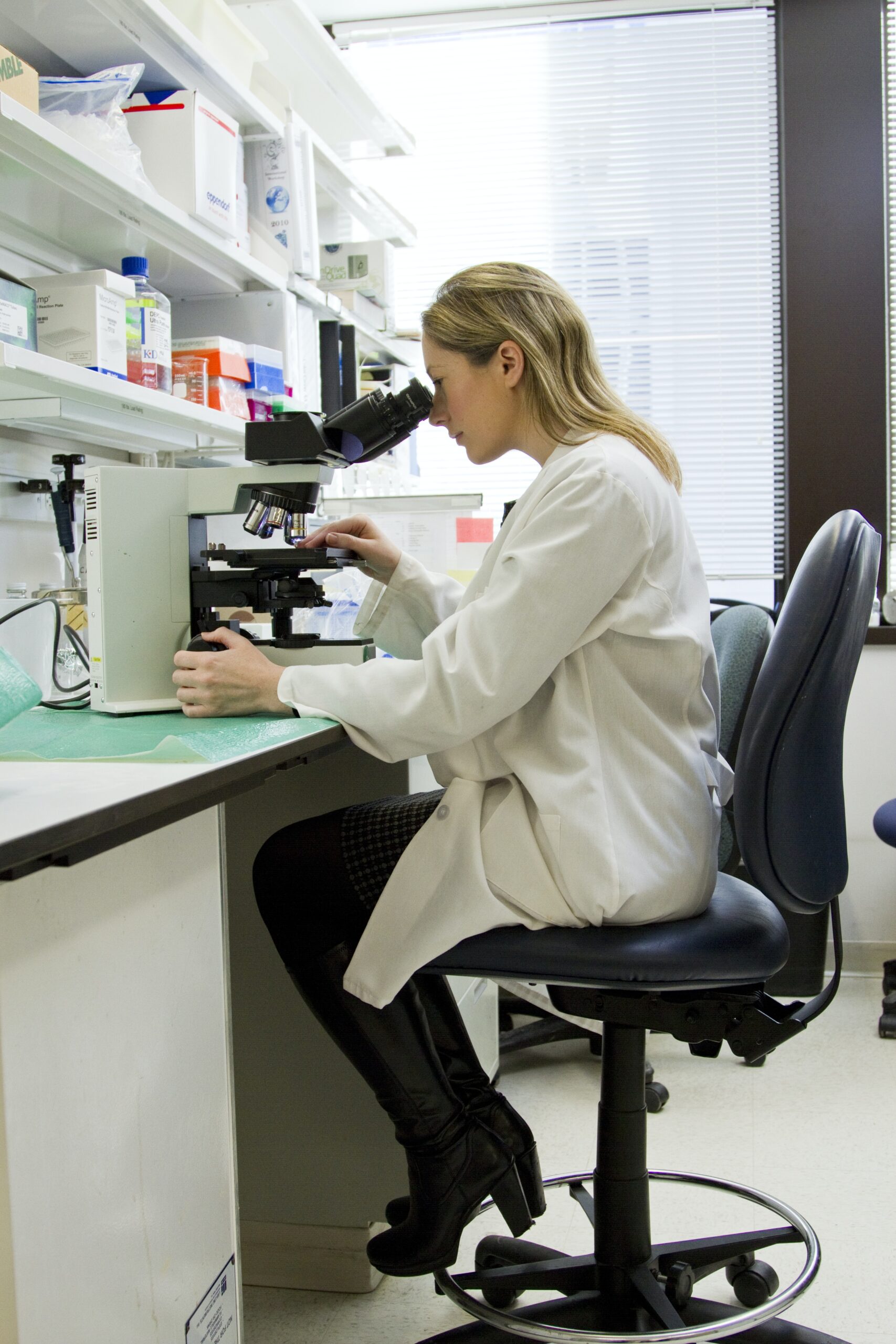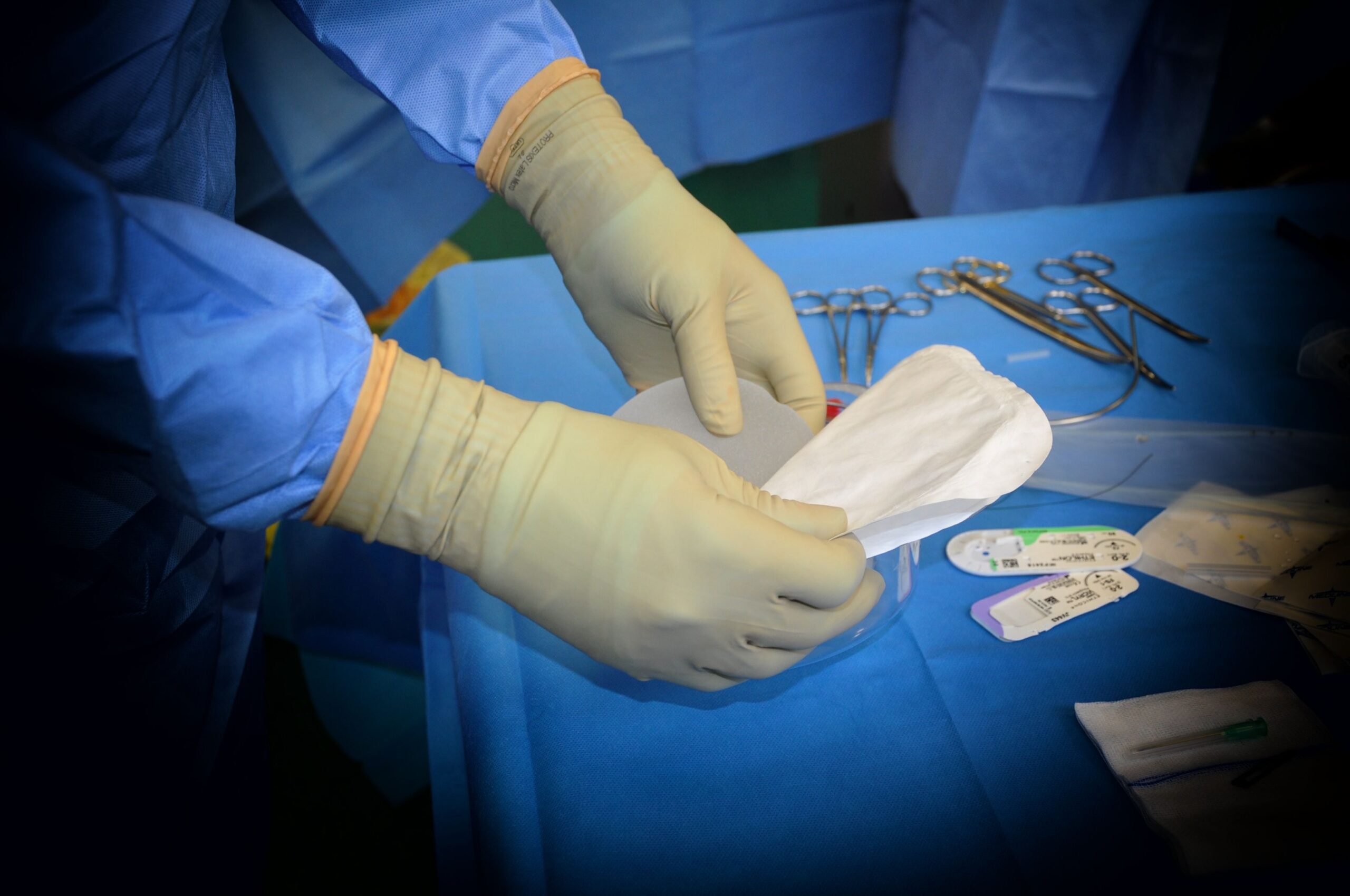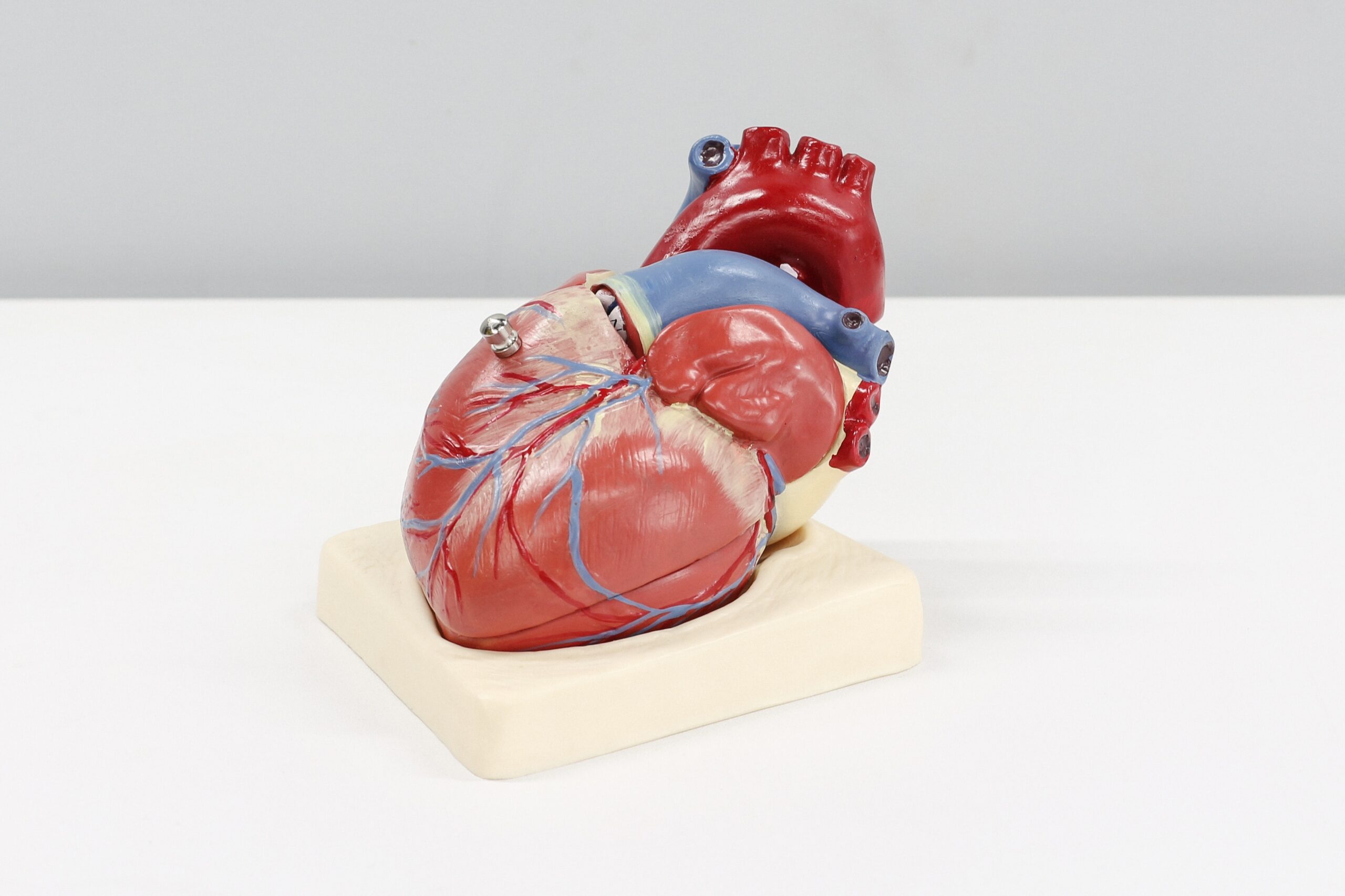Prostate cancer is a commonly diagnosed form of cancer in men, leaving many individuals and their loved ones wondering: can prostate cancer be cured? This article will explore the latest developments in medical research and treatment options for prostate cancer, shedding light on the possibilities of finding a cure for this disease. From innovative therapies to ongoing studies, we will discuss the hope that exists for those facing a prostate cancer diagnosis and provide valuable insights to aid in making informed decisions about treatment. So, let's embark on a journey of hope and knowledge as we explore the question: can prostate cancer be cured?

Understanding Prostate Cancer
Prostate cancer is a type of cancer that affects the prostate gland, a small organ located just below the bladder in men. It occurs when the cells in the prostate gland begin to grow and divide uncontrollably, forming a tumor. If left untreated, the cancer cells can spread to other parts of the body, such as the bones and lymph nodes.
The prostate gland plays a key role in the reproductive system. It produces seminal fluid, which nourishes and transports sperm during ejaculation. Prostate cancer can affect this vital function, leading to urinary and sexual problems.
Recognizing the signs and symptoms of prostate cancer is crucial for early detection and treatment. Some common symptoms include frequent urination, difficulty starting and stopping urine flow, weak urine stream, blood in the urine or semen, and erectile dysfunction. However, it is important to note that these symptoms can also be caused by other conditions, so a proper diagnosis is essential.
Stages of Prostate Cancer
Cancer staging refers to the process of determining the extent or spread of the cancer in the body. Staging is crucial in determining the most appropriate treatment plan, as it helps identify the size of the tumor, its location, and whether it has spread to nearby lymph nodes or other organs.
The stages of prostate cancer are divided into four categories: localized, locally advanced, metastatic, and recurrent. Each stage has its own characteristics and treatment options.
In localized prostate cancer, the cancer is confined to the prostate gland and has not spread outside it. Locally advanced prostate cancer refers to cancer that has spread beyond the prostate gland but hasn't reached distant organs. Metastatic prostate cancer occurs when the cancer spreads to distant sites, such as the bones or other organs. Recurrent prostate cancer refers to cancer that has returned after initial treatment.
Methods of Diagnosing Prostate Cancer
Several methods are used to diagnose prostate cancer, including:
-
Prostate-Specific Antigen (PSA) Test: This blood test measures the levels of PSA, a protein produced by the prostate gland. Elevated PSA levels may indicate the presence of prostate cancer, but further testing is required for a definitive diagnosis.
-
Digital rectal exam (DRE): During a DRE, a doctor inserts a lubricated, gloved finger into the rectum to feel the prostate gland. Any abnormalities, such as lumps or hard areas, may suggest the presence of prostate cancer.
-
Biopsy: A biopsy involves the removal of a small sample of prostate tissue for further examination under a microscope. This is the most definitive method of diagnosing prostate cancer.
-
Imaging tests: Imaging tests such as ultrasound, MRI, or CT scans may be used to determine the size and location of the tumor, as well as whether the cancer has spread to other areas of the body.
-
Genomic testing: Genomic testing analyzes the genetic makeup of the tumor to determine its aggressiveness and potential response to various treatments.
Prostate Cancer Treatment Options
The treatment options for prostate cancer depend on various factors, including the stage of the cancer, the patient's overall health, and their personal preferences. Treatment options may include:
-
Watchful waiting or active surveillance: For older patients or those with low-risk prostate cancer, closely monitoring the cancer without immediate treatment may be an appropriate option. This involves regular check-ups and follow-up testing to ensure the cancer remains localized and does not progress.
-
Surgery (radical prostatectomy): A surgical procedure to remove the entire prostate gland may be recommended, especially for localized prostate cancer. This can be done through open surgery or minimally invasive techniques such as laparoscopic or robotic-assisted surgery.
-
Radiation therapy: This treatment involves the use of high-energy radiation to kill cancer cells or prevent them from growing. External beam radiation therapy delivers radiation from outside the body, while brachytherapy involves placing radioactive seeds directly into the prostate gland.
-
Hormone therapy: Prostate cancer cells are dependent on male hormones called androgens, such as testosterone, for growth. Hormone therapy aims to block the production or action of these hormones to slow down cancer growth and shrink the tumor.
-
Chemotherapy: In advanced or metastatic prostate cancer, chemotherapy drugs may be used to destroy cancer cells and control the progression of the disease.
-
Immunotherapy: Immunotherapy utilizes the body's immune system to fight cancer. It involves the use of drugs that stimulate the immune system to recognize and attack cancer cells.
-
Targeted therapy: Targeted therapy drugs are designed to specifically target cancer cells based on their genetic or molecular characteristics. These drugs interfere with specific pathways involved in cancer growth and can be effective in certain cases.

Factors Influencing Prostate Cancer Prognosis
Several factors can influence the prognosis of prostate cancer and the likelihood of a cure. These factors include:
-
Patient's age and health status: Younger patients with good overall health tend to have better treatment outcomes and survival rates.
-
Stage of the cancer at diagnosis: Early detection plays a significant role in improving the prognosis. Prostate cancer diagnosed at an early stage, when it is still localized, has a higher chance of successful treatment and cure.
-
Genomic characteristics of the tumor: The aggressiveness and genetic profile of the tumor can impact treatment responses and overall prognosis.
-
Response to initial treatment: The response to the initial treatment, whether it be surgery, radiation therapy, or other modalities, can affect the long-term prognosis. If the cancer responds well to treatment and remains localized or controlled, the chances of a cure are higher.
Current Research and Advances
There is ongoing research and advancements in the field of prostate cancer treatment, diagnostics, and understanding genetic factors. Some of the current areas of focus include:
-
New treatment modalities under investigation: Researchers are exploring novel treatment approaches, such as targeted therapies, immunotherapies, and combination treatments, to improve outcomes and reduce side effects.
-
Advances in diagnostics and staging: The development of more accurate and non-invasive diagnostic techniques, as well as improved staging methods, can help guide treatment decisions and optimize patient care.
-
Role of genetics in prostate cancer: Researchers are studying the genetic factors associated with the development and progression of prostate cancer. This genetic knowledge may help identify individuals at higher risk of developing the disease and inform treatment strategies.
Chances of Curing Prostate Cancer
A “cure” in the context of cancer means the complete eradication of cancer cells and the absence of any recurrence or progression. The chances of curing prostate cancer depend on various factors, including the stage of the cancer, the aggressiveness of the tumor, and the response to treatment.
Prostate cancer has a high overall survival rate, particularly when detected early. According to the American Cancer Society, the relative 5-year survival rate for all stages of prostate cancer is nearly 100%. However, it is important to note that survival rates vary depending on the stage of the cancer at diagnosis. Advanced or metastatic prostate cancer has a lower survival rate, but with advancements in treatment options, prognosis continues to improve.
Early detection is crucial for improving the chances of a cure. Regular screenings, such as the PSA test and DRE, are recommended for early detection of prostate cancer, especially in men aged 50 and older (or earlier for those at higher risk).
Living with Prostate Cancer
Living with prostate cancer can be challenging both physically and emotionally. Treatment options may result in side effects such as urinary incontinence, erectile dysfunction, fatigue, and hormonal changes. However, many side effects can be managed with appropriate medical interventions and lifestyle modifications.
It is essential for patients to communicate openly with their healthcare team and seek support from professionals and support groups specializing in prostate cancer. Psychosocial impacts, such as anxiety, depression, and concerns about recurrence, are common and addressing these emotions is an integral part of holistic patient care.
Support networks, both for patients and their families, play a crucial role in providing emotional support, sharing experiences, and providing practical guidance. Organizations such as the American Cancer Society, Prostate Cancer Foundation, and local support groups offer resources and programs specifically designed to help patients and their loved ones navigate the journey of living with prostate cancer.

Preventing Prostate Cancer Recurrence
After treatment, ongoing medical care and monitoring are essential to detect any signs of cancer recurrence. This may involve regular check-ups, blood tests, imaging, and possibly additional biopsies.
In addition to medical care, making lifestyle modifications can help reduce the risk of prostate cancer recurrence. Healthy lifestyle choices such as maintaining a balanced diet, engaging in regular exercise, managing stress, and avoiding tobacco and excessive alcohol consumption can contribute to overall well-being and potentially reduce the risk of cancer recurrence.
Prostate Cancer Awareness
Raising awareness about prostate cancer is crucial for early detection and improved treatment outcomes. Regular screenings, such as the PSA test and DRE, are recommended for men aged 50 and older. African American men and those with a family history of prostate cancer should discuss screenings with their healthcare provider at an earlier age.
Awareness campaigns and initiatives aim to educate the public about the risk factors, signs and symptoms, and the importance of early detection. These campaigns may include public service announcements, informational websites, educational materials, and community events.
Numerous resources are available for patients and healthcare professionals to access accurate and up-to-date information about prostate cancer. National and international organizations, including medical centers and research institutions, provide comprehensive resources that cover various aspects of prostate cancer, including prevention, diagnosis, treatment options, and ongoing care.
By raising awareness, promoting regular screenings, and providing resources, we can collectively strive to improve prostate cancer outcomes and support those affected by the disease.



